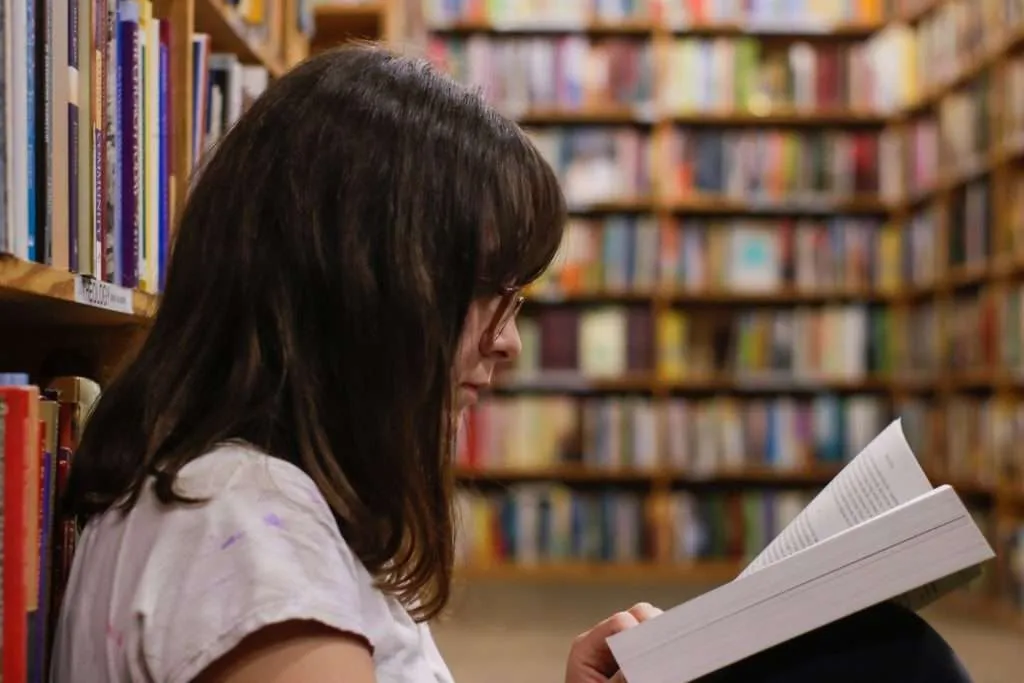Do Parents Take Online School Seriously?
It is not unlikely for students to be pulled from online classes to help around the house, such as doing dishes. Although well-meaning, a parent’s mindset that one can simply opt out of instruction is harmful to a student’s learning experience.
April 6, 2021
The switch to online school came with a myriad of its own problems, as the aspects of a traditional classroom had to be translated to remote lessons. It is safe to assume that each student experienced these difficulties to some degree, and those who have may recognize the importance of a parent’s role in the whole situation.
Our parents play a significant role in our overall remote learning experience. First off, they are largely responsible for providing the recommended at-home learning environment. This means there is a dedicated space at home meant for personal use and schoolwork (AOA Academy). Such spaces should be free of distraction and treated with the same consideration that would be extended to a normal classroom.
There is a certain flexibility to online learning, even with having a reserved workspace. The structure of a traditional classroom is nearly impossible to uphold in our own homes, with students receiving instruction solely through a screen; in fact, it is wholly possible to attend the entire school day from the comfort of our beds. With this flexibility comes the opportunity for the situation to be exploited. In this way it makes quite the difference whether or not our parents take online learning seriously.
It would be safe to assume that the majority of parents do not find online learning ideal; in fact, a Columbia University survey found “that 77% of parents” are “very or somewhat concerned” about COVID-19’s negative impact on learning (District Administration). One can entertain the possibility that parents do not acknowledge the rigor or difficulty of online school, or the effort that must be put into staying focused and motivated.
At times it seems as if this regard for remote learning impacts what they expect of their children. It seems all too familiar for students to be pulled from virtual lessons to do tasks such as housework, grocery runs, or simply going out to eat. In addition, parents may take the opportunity to go on vacations or plan trips because their children no longer physically attend school. Isabel Smith (10) states that her “parents make [her] wash and put away the pans and dishes each day, it usually takes 40 minutes but in the more worse situations up to an hour and 30 minutes.” Smith relates that often “there’s no ‘pick one’ type of situation.”
Such behavior raises the question of how appropriate it is for parents to interrupt learning time in this way. Leaving computers idle is just another danger presented by online school, no matter the reason. After all, it would be ridiculous to expect students to clean their room in between periods of a normal school year- in much the same way as they would not expect students to spend in-person lunch breaks doing laundry. If pre-quarantine vacations were planned around school breaks, why should this year be treated without such consideration?
It is important that parents view school as essential to their children’s academic, social, and emotional development, whether it is in-person or not. Losing class time is sure to impact academic performance, and the stress of catching up is likely to incite mental or emotional strain. Isabel Smith (10) also shares that “when I’m already in a great deal of stress due to homework, chores are the last thing I want to worry about.”
Indeed, the same University of Columbia survey also found that about “30% of teachers reported diminished student engagement, motivation, performance, attendance and follow-through during online learning. Furthermore, “another 72% expressed concern about the effect of school closings on students’ emotional and social development” (District Administration). It is obvious that the shift to distance learning came with a variety of new challenges; although our parents are not always a direct impact to these statistics, it is important to remember that their cooperation is just another factor to consider when dealing with the struggle that is online school.






































Emma Perron • Apr 18, 2021 at 9:40 PM
I love this article because some parents do not care about their children at home and the stuff they do. If parents don’t care it allows the students to do whatever and not care. You wrote an amazing article.
Suhani Bhanvadia • Apr 12, 2021 at 4:12 PM
One reason I am so excited to go back to in-person school is that I can finally create a separation between school and home. I try not to have lazy habits for remote learning, but simply being at home makes me take things less seriously.
faith desio • Apr 11, 2021 at 1:45 PM
Great article! I think that it has been very strange doing school completely from home but everyone has adapted very well! At times I have found it very difficult to work with crazy little siblings and loud family members but eventually everything works out okay. It is the best we can do in the current time!
Katelyn Ruggles • Apr 10, 2021 at 10:34 PM
My parents have made me start taking my dog for a walk or unload the dishwasher during the passing periods while I am at home ever since online school has started. I think it is so interesting how parents are using the opportunity to have kids do chores around the house that they could not do if they were at school.
Sharon Sun • Apr 10, 2021 at 4:57 PM
Hey Emily, great article! I especially agree with your point about parents dragging their kids away on vacations or work out of town even during ordinary school just because of the virtual learning aspect. In my experience, I’ve had to Zoom into my classes from across the nation in Baltimore, and some of my classmates even show up to classes from as far as Taipei or Sydney.
Tiana Salisbury • Apr 9, 2021 at 9:14 PM
I think that parents who interrupt their child during school don’t intend to do it, but I hope they can realize how it is harming their academic engagement. Very interesting article!
Kylie de Best • Apr 8, 2021 at 5:51 PM
I believe that many of the cases in which parents interrupt their child’s learning time is accidental, as it is still hard to adjust to this online environment. However, maybe communication can help for those who feel they need more time to focus on school.